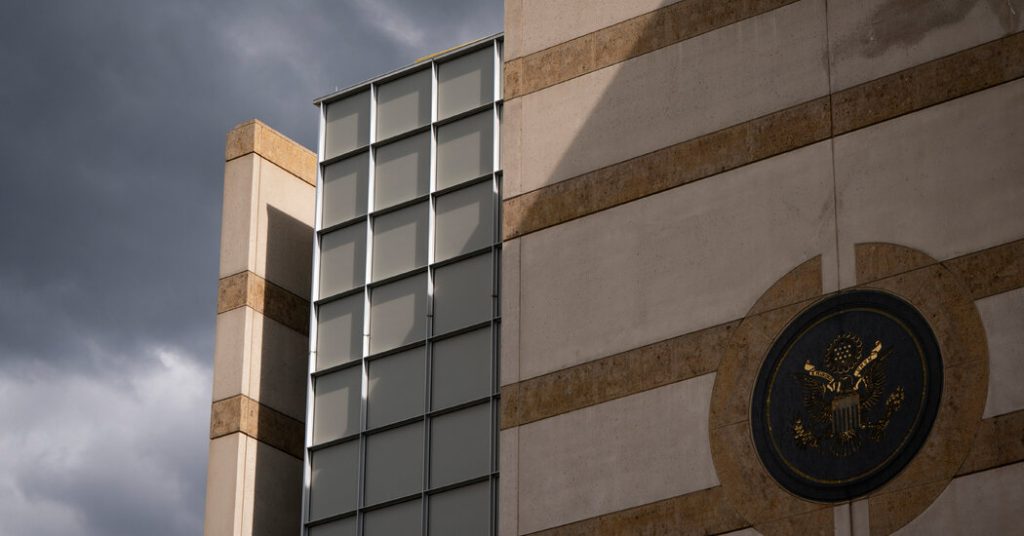It has been more than a month since the Supreme Court ordered the White House to work toward securing the release of a Maryland man who was wrongfully deported to a notorious prison in El Salvador in March.
Top administration officials — including President Trump himself — have repeatedly said that the man, Kilmar Armando Abrego Garcia, will not be coming back to the United States, largely because of accusations that he is a member of the violent street gang MS-13.
Their public statements have raised significant questions about whether the administration is openly defying the Supreme Court’s instructions — and what, if anything, might be done about that.
But even as those weighty issues simmer in the background, the White House is confronting a more immediate concern: whether it has been abiding by a separate court order to answer questions about the way it has been handling the case.
On Friday, lawyers for the Justice Department are scheduled to appear in Federal District Court in Maryland to defend their latest effort to avoid disclosing details about several key aspects of the proceeding. Those include the diplomatic steps that officials have taken in the past few weeks toward releasing Mr. Abrego Garcia, as well as the nature of the deal between the White House and the Salvadoran government to house deported immigrants in its jails.
The Justice Department has argued that many of those details should not be made public because they amount to state secrets. In fact, in a declaration filed last week mostly under seal, Secretary of State Marco Rubio said that the disclosure of such material “could be expected to cause significant harm to the foreign relations and national security interests of the United States.”






